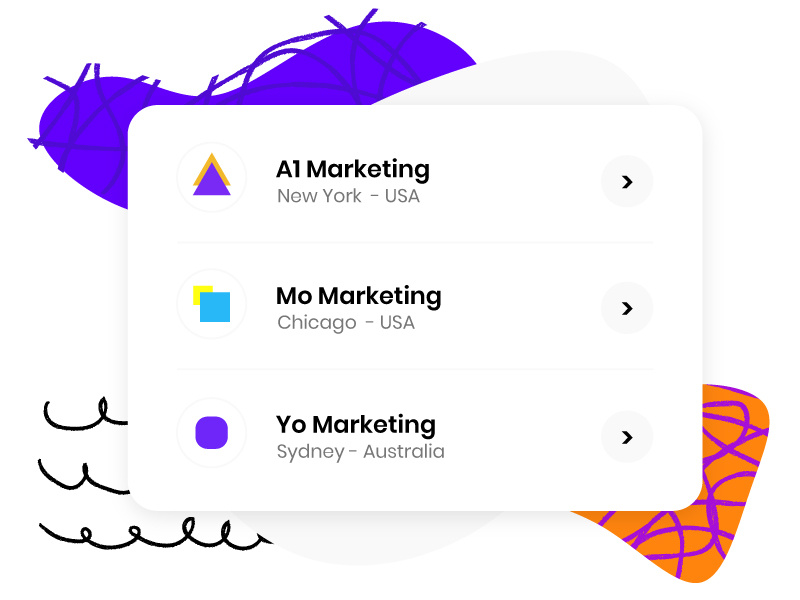
Wonga Loans, once a prominent name in the payday lending industry, has left a lasting impact on borrowers and the financial sector. While the company collapsed in 2018, its legacy—particularly regarding debt collection—continues to affect many. If you’ve ever taken out a Wonga loan or are dealing with debt collection from the company, here’s what you need to know in today’s economic climate.
The Rise and Fall of Wonga
A Brief History of Wonga
Wonga was founded in 2006 as a short-term, high-interest lender targeting borrowers who needed quick cash. At its peak, the company was one of the largest payday lenders in the UK, offering loans with APRs that often exceeded 1,000%. Its digital-first approach and rapid approval process made it popular among those with poor credit or urgent financial needs.
However, Wonga’s business model faced intense scrutiny. Critics argued that its high-interest rates trapped borrowers in cycles of debt, leading to regulatory crackdowns and compensation claims. By 2018, mounting complaints and financial pressures forced Wonga into administration.
Why Wonga’s Collapse Still Matters Today
Even though Wonga no longer operates, its debts were sold to third-party collection agencies. Many borrowers are still receiving letters or calls about unpaid Wonga loans. Understanding your rights in these situations is crucial, especially as global economic instability (such as inflation and rising living costs) makes debt repayment even more challenging.
How Wonga’s Debt Collection Works Now
Who Owns Wonga’s Debts?
After Wonga’s collapse, its loan book was sold to debt purchasers like Cabot Financial and PRA Group. These agencies specialize in buying distressed debt for a fraction of its original value and then attempting to collect it.
If you owed money to Wonga, your debt may now be managed by one of these firms. They have the legal right to pursue repayment, but they must follow strict regulations.
What to Do If a Debt Collector Contacts You
Receiving a letter or call about an old Wonga loan can be stressful. Here’s how to handle it:
- Verify the Debt – Request written proof that the debt is yours and that the collector has the legal right to pursue it.
- Check the Statute of Limitations – In the UK, most debts become unenforceable after six years (though they may still appear on your credit report).
- Negotiate if Necessary – Debt collectors often accept partial settlements. If you can’t pay the full amount, try negotiating a lower lump sum or payment plan.
The Broader Impact of Payday Lending
The Global Payday Loan Crisis
Wonga’s story isn’t unique. Around the world, payday lenders have been criticized for exploiting vulnerable borrowers. In the U.S., states like California and Texas still see high volumes of payday loan activity, while countries like Australia and Canada have introduced stricter regulations.
The COVID-19 pandemic worsened financial instability, pushing more people toward high-cost borrowing. Even now, with inflation squeezing household budgets, many turn to short-term loans as a last resort—only to face aggressive collection tactics later.
Alternatives to Payday Loans
If you’re struggling financially, consider these options before resorting to high-interest loans:
- Credit Unions – Many offer small, low-interest loans to members.
- Government Assistance – Programs like Universal Credit (UK) or SNAP (U.S.) can provide temporary relief.
- Nonprofit Debt Advice – Organizations like StepChange (UK) or the National Foundation for Credit Counseling (U.S.) offer free guidance.
Legal Protections for Borrowers
Your Rights Under the FCA
In the UK, the Financial Conduct Authority (FCA) regulates debt collection. Key protections include:
- Collectors cannot harass or mislead you.
- They must provide clear information about the debt.
- You can complain to the Financial Ombudsman if treated unfairly.
Recent Changes in Debt Collection Laws
Post-pandemic, some governments have introduced temporary protections for borrowers, such as extended repayment periods or frozen interest. Staying informed about these changes can help you manage debt more effectively.
The Future of Short-Term Lending
Will Payday Lending Disappear?
With increasing regulation and public backlash, the payday loan industry is shrinking. However, demand for quick cash remains, leading to new lending models like "buy now, pay later" (BNPL) services. While BNPL is often marketed as a safer alternative, it carries its own risks—such as hidden fees and credit damage if payments are missed.
The Role of Fintech
Digital lenders are experimenting with more ethical lending practices, such as income-based repayment plans and lower interest rates. However, without proper oversight, these innovations could repeat past mistakes.
If you’re dealing with Wonga-related debt or considering a short-term loan, always research your options and know your rights. Financial stress is tough, but informed decisions can help you regain control.
Copyright Statement:
Author: Avant Loans
Link: https://avantloans.github.io/blog/wonga-loans-and-debt-collection-what-to-expect-7012.htm
Source: Avant Loans
The copyright of this article belongs to the author. Reproduction is not allowed without permission.
Recommended Blog
- KCB Loan for Poultry Vaccines: Healthy Flocks
- How to Get a Money Loan for a Personal Project
- Fast Online Loans for Starting a Side Hustle
- How to Compare Student Loan Lenders
- What Documents Do You Need for a Loan in Johnson City, TN?
- How to Avoid Scams When Applying for a $2000 Loan
- No Bank? No Problem! Payday Loans Without Direct Deposit
- How Finio Loans Compare to Other Online Lenders
- The Best Online Lenders for Car Loans in 2024
- The Best Loan Comparison Tools for Loans 4 Less
Latest Blog
- The Best States for Online Payday Loans in the U.S.
- The Impact of Bad Debts on Loans Receivable
- How to Lower Your Navient Student Loan Payments
- 1000 Loans for Bad Credit – No Bank Account Needed
- Bad Credit Vacation Loans Near Me: Should You Borrow?
- Payday Loans Online – What Happens After Approval?
- How to Apply for a Chime Instant Loan in Minutes
- No Credit Check Payday Loans for Bad Credit Borrowers
- Illinois Personal Loans for Home Repairs
- 2 Deposit Home Loans: How to Maximize Borrowing Power
